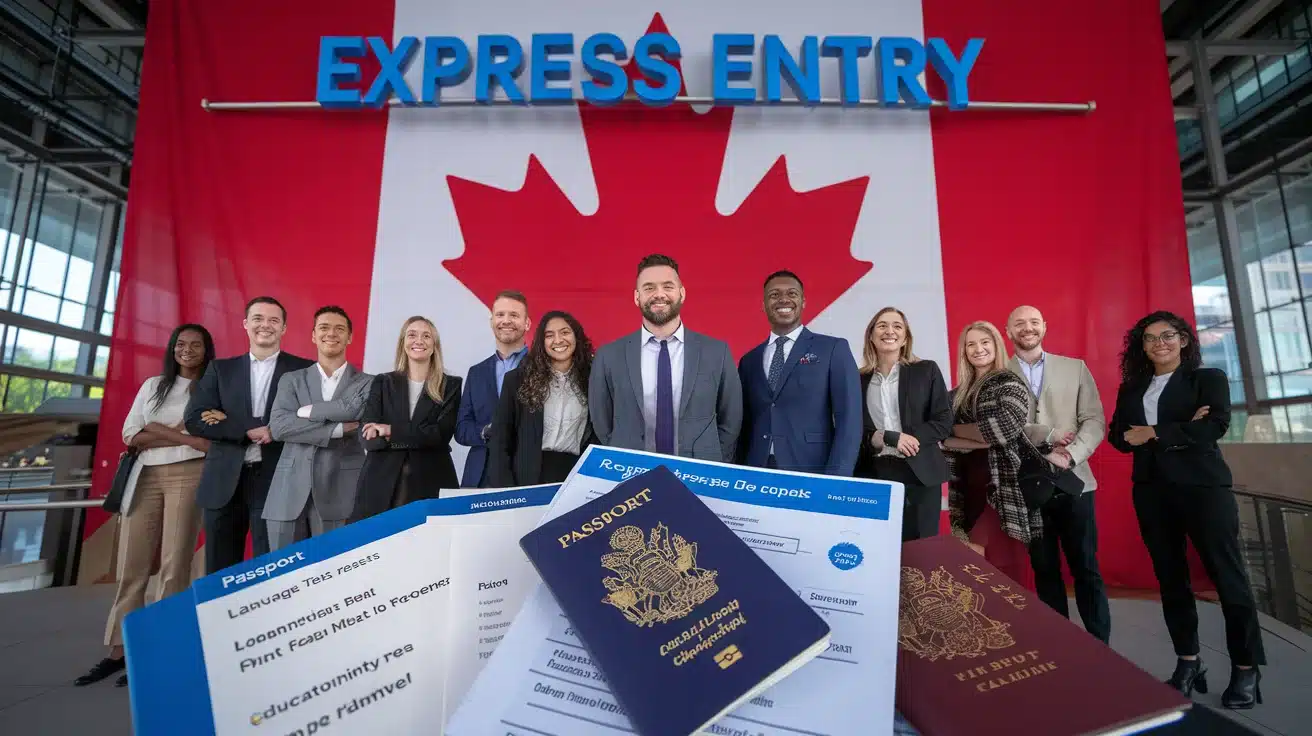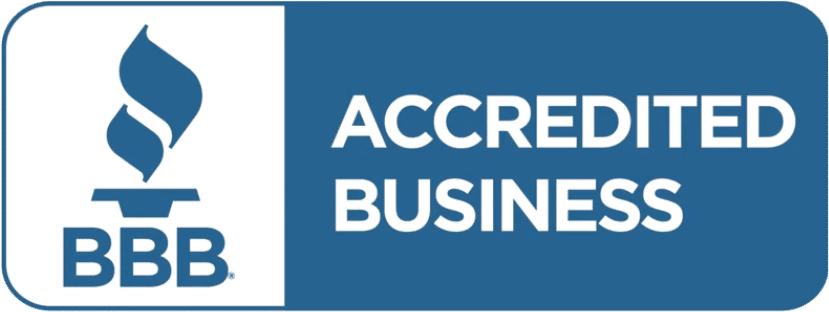Study
Canada isn’t just a country; it’s a destination where dreams come to life. Renowned for its world-class education, Canada offers international students an unmatched blend of academic excellence, affordability, and real-world opportunities.
With lower tuition fees and living costs compared to the U.S. or the U.K., a Canadian education ensures exceptional value without compromising quality. Beyond textbooks, studying in Canada is about discovering your creativity, building confidence, and thriving in a welcoming, diverse environment. Plus, you can work while studying, gain hands-on experience through the Post-Graduation Work Permit (PGWP), and even bring your family – where your spouse can work, and your children can study as locals.

Why Can X
With over a decade of expertise and a 99% success rate, we’ve helped countless students achieve their dreams. Our personalized approach ensures:
Efficiency: Seamless and stress-free application processes.
Affordability: Cost-effective solutions tailored to your needs.
Reliability: Up-to-date guidance on immigration policies.
Comprehensive Support: From visa applications to post-arrival assistance.
Trusted by Clients from 30+ Countries
We provide trusted and effective mobility solutions, assisting clients from around the world in successfully starting their new life in Canada.
Your Pathway to Studying in Canada: Program Requirements
Starting your Canadian educational journey is an exciting step, and being prepared for the process can make it smoother. Here’s what you’ll need to get started:
Letter of Acceptance (LOA): Secure your spot at a designated learning institution (DLI) and include this crucial document with your study permit application.
Provincial Attestation Letter (PAL): If required, submit a provincial or territorial attestation letter unless you qualify for an exemption.
Identity Documents: Ensure you and your family have valid passports or travel documents, along with recent photographs.
Proof of Financial Support: Show that you can support yourself during your studies by providing bank statements, proof of student loans, or a letter from a sponsor.
Educational Documents: Submit your diplomas, degrees, certificates, and transcripts to demonstrate your academic qualifications.
English Language Proficiency: Meet your program’s language requirements through recognized tests like IELTS, CELPIP, PTE, or TOEFL.
Statement of Purpose (SOP): Write a clear and compelling essay explaining your educational and career goals and why you’ve chosen Canada.
Certificat d’acceptation du Québec (CAQ): Planning to study in Quebec? Make sure to obtain this certificate.
Immigration Medical Examination (IME): Complete an upfront medical examination to confirm you’re in good health.
Additional Documents: Depending on your profile, you may need to include documents like marriage certificates or income tax returns.
The Power of a Strong Statement of Purpose (SOP)
Your Statement of Purpose (SOP) can make or break your study visa application. Use it to:
Share your story: Who you are, what drives you, and why Canada is your ideal destination.
Connect your background: Align your academic history with your chosen program.
Highlight your goals: Explain how this program will help you achieve your dreams.
Address gaps: Discuss any education or career interruptions with positivity.
A compelling SOP demonstrates determination, purpose, and readiness for this life-changing opportunity.
Common Reasons for Study Visa Refusals — and How We Help Overcome Them
Even strong candidates face challenges. Here are common refusal reasons and how we ensure your success:
- Financial Stability: Prove you can support yourself for at least the first year of study. Go beyond the minimum by showcasing extra funds to cover unexpected costs. Highlight a clear plan for managing tuition, accommodation, and living expenses in Canada. We’ll guide you in preparing a solid proof of funds document and help you present a clear financial plan for your application.
- Align Your Program with Your Goals: Choose a program that fits your academic and professional background. If you’re changing fields, explain why in your personal statement. A clear, logical connection between your past and future ensures a stronger application. Our team will assist you in drafting a compelling personal statement that aligns your program choice with your goals.
- Secure a Strong Letter of Acceptance (LOA): Ensure your LOA is from a Designated Learning Institution (DLI) in Canada. Confirm you meet the institution’s requirements, as any uncertainty here can result in refusal. We’ll verify your LOA and ensure it meets all immigration requirements for a successful submission.
- Don’t Overlook Attestation Letters (PAL/TAL): If applicable, include a valid Provincial or Territorial Attestation Letter with your application. Failing to submit this critical document can lead to rejection unless you’re exempt. Our experts will determine if you need a PAL or TAL and help you obtain and submit it correctly.
- Meet Language Requirements with Flying Colors: Submit valid language proficiency scores (IELTS, TOEFL, CELPIP) that meet or exceed your program’s requirements. Highlight your readiness for English or French studies to stand out. We’ll review your language test results and provide guidance on improving your score, if necessary.
- Submit Complete and Clear Documentation: Ensure your travel, identity, and academic documents are up to date and free of errors. Gaps or ambiguities can cast doubt on your application, so double-check everything before submission. Our team will conduct a thorough review of your documents to eliminate errors and ensure a seamless application.
- Show Strong Ties to Your Home Country: Convince immigration officers of your intent to return after graduation. Provide evidence of family ties, property ownership, or future opportunities back home to demonstrate compliance with visa rules. We’ll craft a personalized explanation that highlights your ties and future plans effectively.
- Highlight Career Prospects Back Home: Explain how studying in Canada will enhance your career in your home country. Showcase how your chosen program will open doors to better job opportunities, underlining a clear post-study plan. We’ll help articulate your career goals and demonstrate how your education in Canada will benefit you back home.
- Be Ready to Go Beyond the Basics: In today’s competitive environment, a strong study permit application goes beyond ticking boxes. Showcase your commitment, preparedness, and strategic planning to succeed in your academic journey and beyond. From start to finish, we’ll work with you to create a standout application that maximizes your chances of approval.
Ready to Take the Next Step?
Let us handle the complexities of your study permit application while you focus on your future. Our team of experts is here to guide you every step of the way.
Contact us today to get started!
Mastering Your Study Permit Application: Pro Tips
Preparing a strong application is the best way to improve your chances of visa approval. Here’s how to get it right:
Organized Documentation: Create a detailed checklist of all required documents, including your passport, proof of acceptance, proof of financial support, and country-specific requirements. Stay updated on immigration policies to ensure your application is complete.
Accurate Forms: Double-check every section of your application form for accuracy. If something doesn’t apply, explain why. Any gaps or unclear information can raise concerns.
Final Letter of Acceptance: Submit the official LOA provided after meeting any conditions from your institution, such as fee payments. It should include all program details and conditions.
Provincial Attestation Letter (PAL): If your application requires a PAL or TAL, ensure you have a valid, accurate document. Verify it aligns with the details in your LOA to avoid discrepancies.
Work Experience Records: If applicable, include job letters, salary slips, and bank statements to demonstrate financial stability and ties to your home country.
Transparent Travel History: Disclose your complete travel history and any previous visa refusals honestly. Transparency builds trust with visa officers.
Detailed Statement of Purpose (SOP): Your SOP is the heart of your application. Use it to share your story, explain why you’ve chosen Canada, how the program aligns with your goals, and your plans after graduation. Address any gaps or career shifts honestly and clearly.
Language Proof: Provide certified test results (e.g., IELTS, PTE, CELPIP, TOEFL) meeting or exceeding program requirements.
Ties to Home Country: Highlight family ties, property ownership, or a job offer to demonstrate your commitment to returning home.
Explain Gaps or Shifts: Be honest about education gaps or career changes. Share what you did during these periods, like work, training, or volunteer activities.
By addressing every detail with care, we help maximize your chances of success. Remember, every detail matters – this is your opportunity to tell your story and pave the way for a brighter future.
Take the First Step Today
Let’s make your Canadian dream a reality. Connect with our trusted team of immigration consultants for a free consultation and unlock opportunities to learn, grow, and succeed in Canada. Your brighter future starts now!
FAQs About Canadian Study Visa
Canada offers world-class education, affordable tuition fees, a diverse culture, and opportunities for real-world learning through programs like the Post-Graduation Work Permit (PGWP).
Canada combines academic excellence with affordability and practical learning opportunities, making it a top choice compared to the U.S. or U.K.
Yes, international students can work part-time during studies and full-time during breaks, gaining valuable work experience without a separate work permit.
- The PGWP allows students to work in Canada for up to three years after graduation, creating pathways to permanent residency.
Yes, you can bring your spouse, who may qualify for an open work permit, and your children, who can attend school as local students.
A DLI is a school authorized by the Canadian government to host international students. Confirm your institution is on the DLI list to avoid visa complications.
Key documents include a Letter of Acceptance (LOA), proof of financial support, valid passport, English proficiency test scores, and a Statement of Purpose (SOP).
Select a program aligned with your academic background and career goals. A clear connection enhances the strength of your application.
Insufficient proof of financial stability, including tuition, living costs, and travel expenses, is a common reason for visa refusal.
Some provinces provide public healthcare, while others require private health insurance. Check with your school or province for details.
An SOP showcases your academic aspirations, career goals, and reasons for choosing Canada, offering an opportunity to make your application stand out.
Be transparent about gaps and explain them positively, highlighting work, training, or personal growth during those periods.
You can reapply by addressing the reasons for refusal, strengthening your SOP, and providing additional supporting documents.
Showing strong ties, such as family, property, or employment, reassures immigration officers of your intent to return home after studies.
Yes, submitting fake documents or false information leads to visa refusal and possible bans from applying to Canada in the future.
The IME is a mandatory health check for many applicants to ensure they meet Canada’s health standards.
A detailed financial plan demonstrating funds for tuition, living costs, and emergencies significantly strengthens your application.
Proficiency in English or French is essential for success in Canadian education. Submit recognized test scores like IELTS, TOEFL, CELPIP, or PTE.
Yes, but ensure your visitor visa or eTA is valid for re-entry.
A PAL is required for certain programs to confirm provincial acceptance. It must align with your LOA and visa requirements.
Yes, switching fields may raise concerns unless explained in your SOP. Clearly connect your new program to your career goals.
Prepare a complete and accurate application, double-checking every detail and including all required documents.
A study permit allows you to study in Canada, while a student visa (temporary resident visa or eTA) permits entry into Canada. Approved study permit applicants usually receive the required visa.
Canadian education provides global recognition, work experience, and pathways to PR, enhancing career prospects both in Canada and abroad.
Got more questions? We’re here with the answers!
Got more questions? Unsure about the process or what’s next? We’re here to guide, support, and simplify every step of your journey.
Your journey begins with one conversation - let’s start now!





